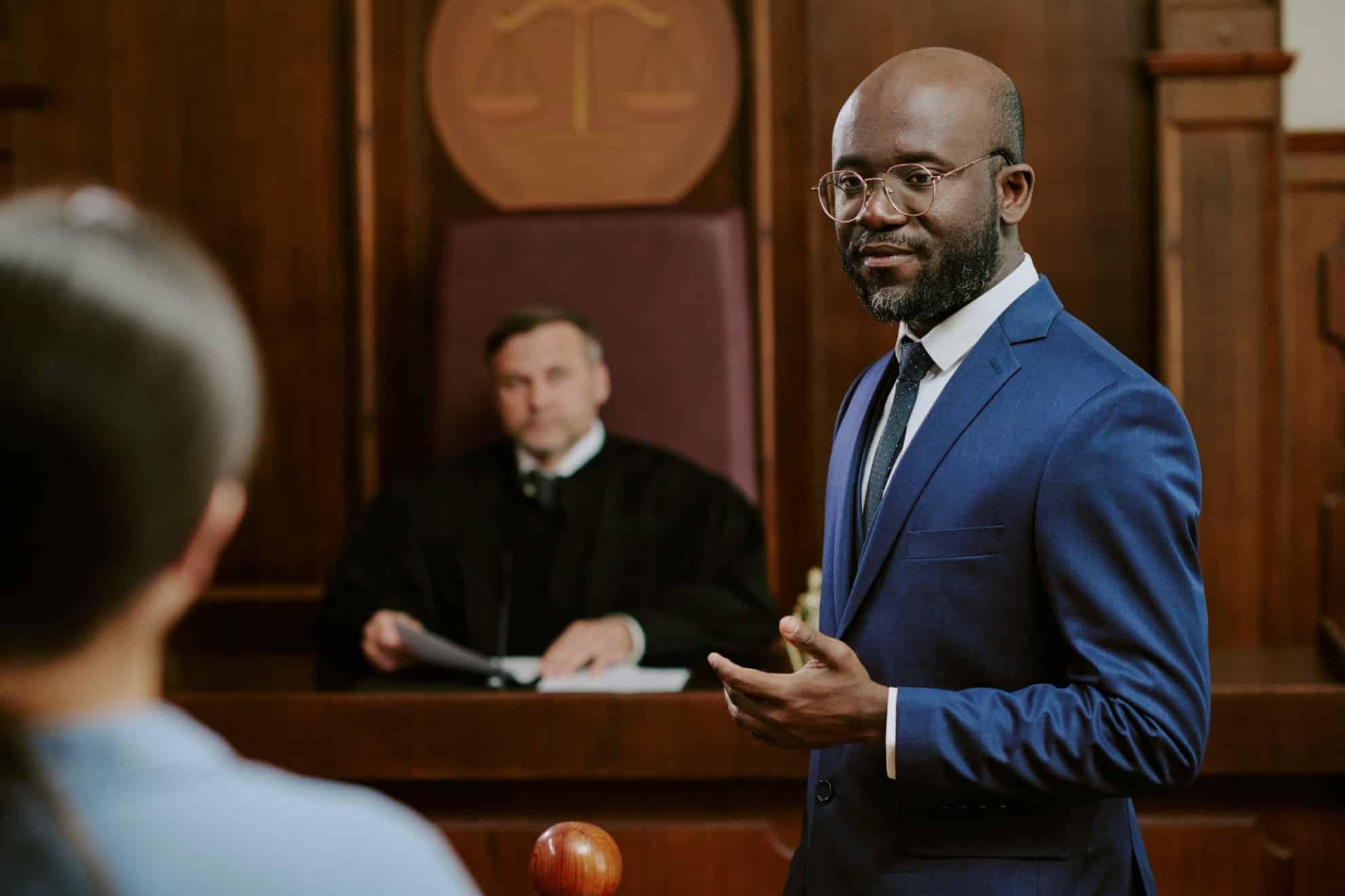Beyond a Shadow of a Doubt: The Shifting Role of Video Evidence in Criminal Defense – Guest Post

Video footage has revolutionized the way defense lawyers conduct business in the contemporary legal arena since it has become a vital constituent to criminal cases. Due to the high prevalence of surveillance cameras, body-worn cameras, and dash cameras, almost all instances are now recorded at various angles. To a criminal defense attorney in Kansas City, navigating this pool of digital evidence is not only a matter of finding a needle in a haystack; it is also a matter of carefully sifting through each frame to construct a story that can be used in the defense of a client.
The defense can have a great ally in video. On the one hand, it can be utilized by a prosecutor to set the time frame or locate a suspect, and on the other hand, it can be utilized by a defense attorney to reveal inconsistencies, create reasonable doubt, and furnish important context. As an example, a video could show a new order of occurrences than what is alleged by a witness or police report, or it may indicate a detail that supports an alibi. The quality of analysing and presenting such evidence effectively is of utmost importance in a system where the freedom of a person is at stake.
The Technical and Legal Challenges of Digital Evidence.
There are, however, some major hurdles associated with the dependence on the video evidence. The amount of data may be overwhelming. One event could be recorded on dozens of cameras generating hours of crude data. A defense team should be ready to dig out such huge amount of information and this is time and resource consuming. Moreover, the videos are usually in various proprietary formats, which can hardly be accessed and watched without special programs.
Other than the technical challenges, there are legal and process challenges. Video evidence in a court is not always admissible. A defense attorney must establish the authenticity and integrity of the document, demonstrating that it is a true and accurate representation of events and has not been tampered with. This will need a chain of custody that is documented and extensive knowledge of the technical specifications of the video. Even the smallest anomaly may result in the evidence being called into question or even dismissed, and that is why an extremely careful attitude towards each detail is needed.
This is not an optional kind of scrutiny in the case of a criminal defense firm. It is the backbone of a strong defense. Lawyers should be in a position to not only point out some critical moments but also improve on them so as to make them more understandable without interfering with the integrity of the footage. They must examine every side, de-escalate such hectic scenarios to view key points, and be ready to report the results in a way that is understandable and convincing to a judge and the jury.
Automating the Workflow using Smart Tools.
With this is a surge of high-stakes litigation and enormous amounts of digital evidence, efficiency matters. Hours of footage are not something that can be reviewed manually, and this is a sustainable model of any legal practice. It is here that we have the introduction of high-tech smart tools, which provide an avenue to ease and speed up the time it takes to analyze video.
Consider the situation of a decisive moment of an encounter that is recorded on a remote surveillance camera. The shot is smothery, and the movement is rapid. A lawyer may have to play back and pause until he or she can pinpoint an important action, say a hand gesture or a certain object. A video speed changer allows for this granular level of control, enabling a defense lawyer to pinpoint and highlight a critical moment that might otherwise be overlooked. This aspect is not about changing the amount of evidence; this is about making it clear and more understandable to a court.
A defense team may have to prepare a summary of the most pertinent footage in order to make a succinct and effective argument. An
can be an invaluable asset in this process. Such tools have the ability to recognize important segments automatically, blend clips of various sources, and even improve video quality to make a narrative easy to follow and clear to the judge and jury. This will enable lawyers to concentrate on legal strategy and communicating with clients instead of wasting many hours on a manual editing project. Pippit.ai is a user-friendly, web-based platform that has robust capabilities that should enable users to streamline AI video editor free. The tools are designed to simplify the process of legal professionals creating and presenting video evidence so that it would be fast and convincing while also being legally acceptable.
Summary: Criminal Defense Strategic Advantage.
Video evidence will continue to increase in terms of its role in the defense of criminal cases. With the increased proliferation of cameras, there will also be increased demand for the services of legal professionals who will be able to handle and utilise this data. To a criminal defense firm in Kansas City, adoption of technology that allows efficiency in the analysis and presentation of video evidence will not only be efficient; it will be a strategic benefit. It enables the attorneys to find the truth concealed in the footage, create a more robust argument, and finally, defend the rights of their client in having a fair and just defense.



















